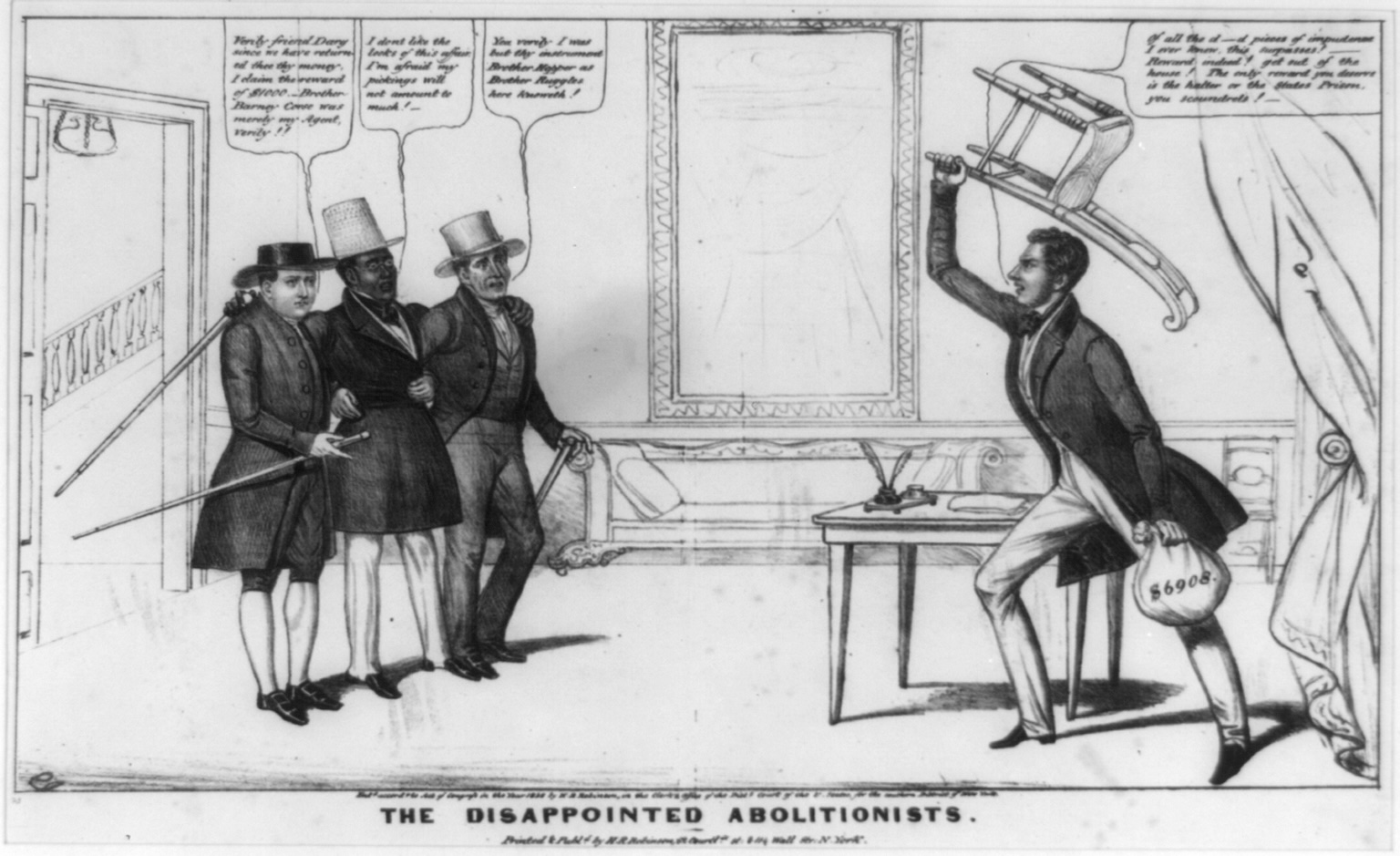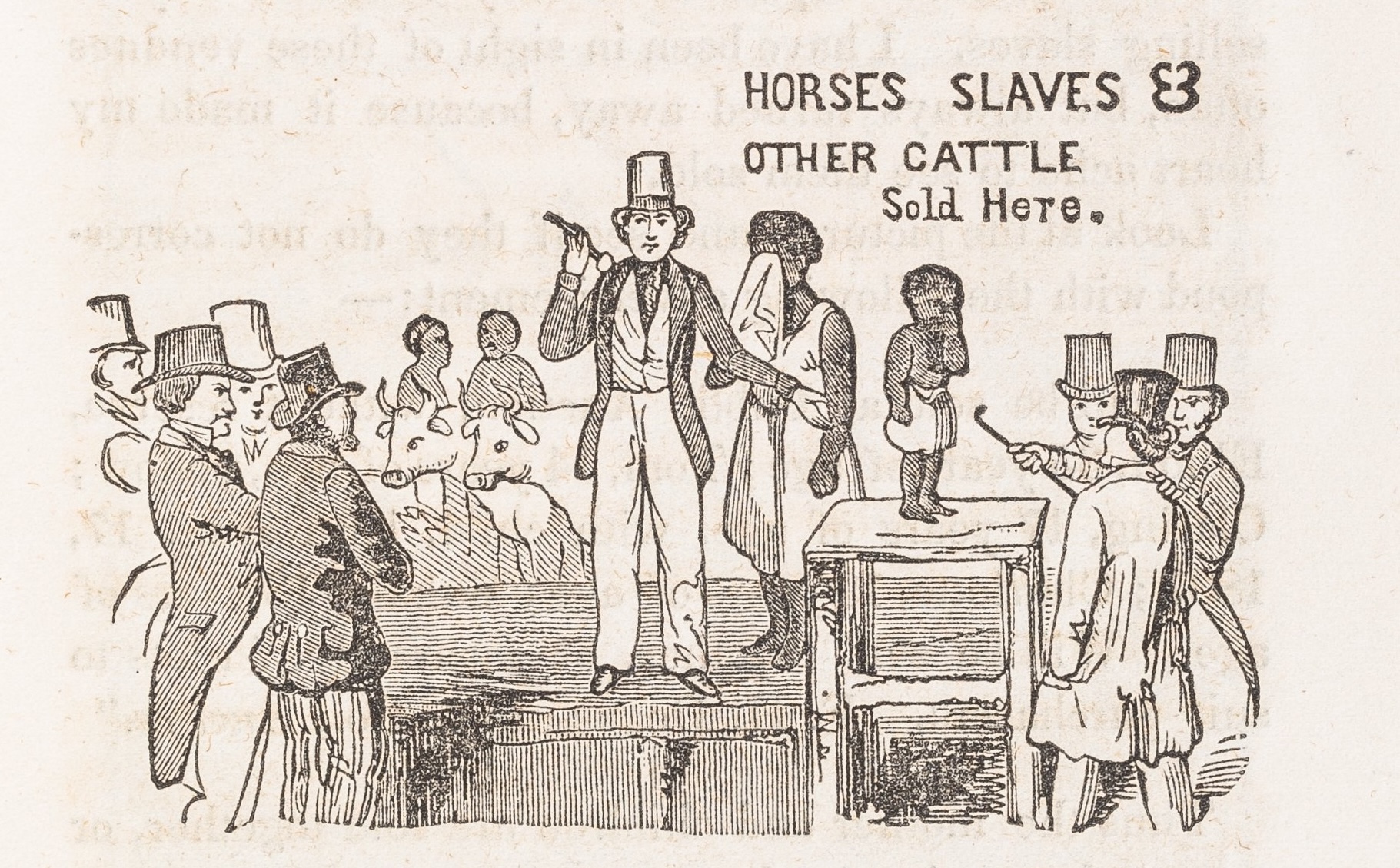For an Americanist, one of the strangest developments of the past few years has been to hear the phrase “American exceptionalism” used on cable talk shows and political blogs even more than in academic talks. Does President Obama believe in American exceptionalism, the talking heads ask? Why won’t Obama swear fealty to American exceptionalism, his accusers demand? If you have been following these public discussions, you probably know that sentences from presidential speeches that deal with whether America may or may not in fact be a “city on a hill” have been parsed even more closely than Sacvan Bercovitch reads John Winthrop’s Arabella speech.
This phenomenon—the migration of the phrase “American exceptionalism” from a term of art in American Studies to a term of contention in mass culture politics—seems to me potentially illuminating for the task of reconsidering The American Jeremiad. Even after three decades, no other book in American Studies has offered such a searching analysis of this concept—of its historical roots, its cultural adaptations, and its enduring work in the world. What, then, does this most recent turn in the career of the exceptionalism idea mean for the claims in Bercovitch’s classic study? What does it mean that American Studies and American media punditry have agreed on the usefulness of this particular phrase?
American Studies scholars, of course, understand American exceptionalism as ideology as well, with the important difference that it is an ideology they starkly disavow, almost as a kind of ritual of professionalization.
To hazard an answer, I want to make two speculative suggestions. The first is that this phenomenon—call it pundit exceptionalism—is a striking confirmation of what Bercovitch calls the “cultural continuities” of the rhetoric of the American jeremiad. Familiar idioms like “the American dream” haven’t disappeared from public parlance, of course; but the fact that an overtly ideological term—an ism word—is now part of everyday speech and is used as such even by true believers, confirms Bercovitch’s core argument. I refer to his claim that what might seem to be diffuse strains of feeling about futurity are in fact a very specific nationalist rhetoric, and that the enduring power of this rhetoric is evidence of its function as an ongoing mode of socialization. In other words, ideology.
American Studies scholars, of course, understand American exceptionalism as ideology as well, with the important difference that it is an ideology they starkly disavow, almost as a kind of ritual of professionalization. In his new preface, Bercovitch makes the case that the uniform rejection of exceptionalism in contemporary American Studies is really the flip-side of Fox News exceptionalism. What for one side is a name for a sanctified way of life is for the other a hiss and a byword—or, to be less Biblical, a methodological taboo. By this way of thinking, the recent convergence of these opposing camps in the phrase American exceptionalism is more evidence that the energies of dissent and affirmation represent not a dichotomy but a symbiosis.
The recent coincidence of opposites in what is now a shared term of art is surely proof of Bercovitch’s claim that this rhetoric is symbiotic and enduring. At the same time, however, there is a kind of dour severity to this phrase; exceptionalism is an unlikely catchword for popular discourse. And it makes me wonder if we’re seeing a historical shift. This brings me to my second suggestion. What could it mean that even passionate defenders use a term, exceptionalism, that acknowledges on its face that it is an ideology—that it is not a transcendent symbol but a system, not America but Americanism? In his new preface, Bercovitch brings his historical narrative up to date by contending that in our present-day dissent battles, “the old rituals show their usual resilience.” But when all sides refer to exceptionalism, it betrays the sense that what is most at play is not a conviction or a truth but a polemical claim to truth. This seems to me not a sign of resilience but of possible calcification, a hardening of what used to be more flexible and alive to change. (After all, believers avow their faith in Jesus or Mohammed; they don’t insist on their support for Christianism or Mohammedism, for those are terms that betray a defensive preoccupation with one’s ideological opponents.)
I’m pointing, then, to what I perceive as a different affective key in recent debates. In these battles, exceptionalism often seems neither a rhetoric of hope nor of affirmation through dissent, but of disenchantment and a resulting resentment. Once you recognize your own beliefs as ideology, their power as conviction begins to diminish. What matters most is not whether it is true, but the fact that your opponent does not believe it is true. Mitt Romney’s 2012 campaign slogan “Believe in America” sounded less like a sales pitch than a stern command, a last-chance warning for the 47 percent. And President Obama’s re-election brought something unprecedented in the career of the jeremiad: it brought public declarations from several pundits that his decisive win represented not just a danger to the American errand but its actual end.
One of the many brilliant demonstrations in this study is its analysis of the economic dimension of the myth of America. The rhetoric of the jeremiad, Bercovitch shows us, was not an idiom of historical despair, but a generative narrative for a “well functioning capitalist culture.” But what happens when capitalism doesn’t function well—which may be to say, functions too well? What happens when the myth of declension meets real economic decline? My suggestion here is that if capital has underwritten the cultural capital that is the symbol of America, it may be that the symbol—like the nation-state—is facing a significant debt problem.
This article originally appeared in issue 14.4 (Summer, 2014).
Nancy Bentley is professor of English in the Department of English at the University of Pennsylvania. She is the author of Frantic Panoramas: American Literature and Mass Culture 1870-1920 (2009) and The Ethnography of Manners (1995 and 2007).



















